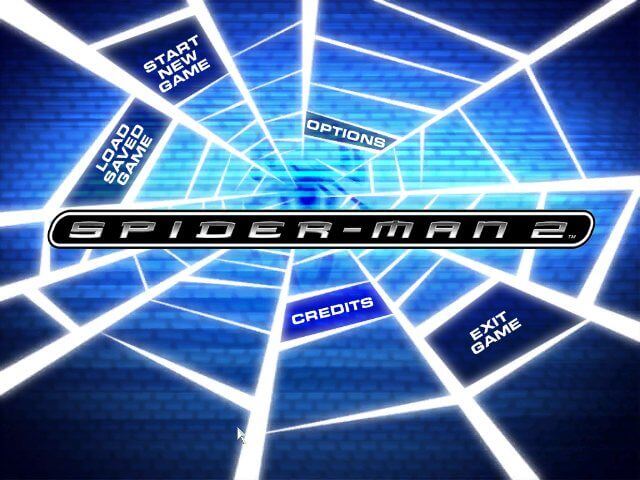

Of course, if the goal is too daunting, then we're going back to the 'A' of the ABC's. Here's the thing: if you don't feel challenged, it probably is a complete waste of your time. If the goal isn't challenging, it's not going to be engaging, it's not going to be stimulating, and it's going to feel like a complete waste of your time. Otherwise, you'll realize you could achieve the same satisfaction doing something else.Ĭ) Challenging. If the reward is too small, you won't see how the juice is worth the squeeze - and it's got to be worth the squeeze, my friends. The pay off for completing your goal has to be big enough to be enticing. As a result, you won't attain your goal.ī) Big Enough. Anything more than that is going to be too much of a challenge and seem unrealistic. If the goal is outside of your abilities - of what you feel capable of - you're going to give up easily since you see no light at the end of the tunnel. A really great exercise to determine just what is attainable for you is to look at what you have accomplished in the past, and then aim to improve on that 10%-50%. This is the first principle of goal setting. This is goal setting at its simplest and most accessible.Ī) Attainable. With this in mind, I want to talk about the ABC's of goal setting. But 6-8 hours a day (with perhaps a few longer ones) for 8 days? Sure, I could do that.
MANNING THE ULTIMATE GAME CHANGFER SERIES
Just too far outside my version of reality from me taking a break for a month after the World Series of Poker, to going in for three weeks for potentially 12+ hours a day. If it was three weeks of playing, on the other hand, there is no way I would have been interested.

The UCOP was spread over 8 days, and I felt I had what it took to grind all-in for a week. The other thing about the challenge is that it’s a reasonable amount of time. But what they did for the UCOP is say that if you can get the most points overall in this series then we'll pay $10,000 euros, and that was enough to get my attention. Normally playing a single $100 freezeout everyday, all day for 6-8 hours is not going to be something that stimulates me as a poker player and as a person. A bracelet alone isn't going to be enough to motivate a truly exceptional and motivated player, which is why goal setting - adding additional pay offs - has the potential to turn mundane tasks into something quite stimulating because the reward is suddenly something that interests you and is worthwhile.Īnd that's what happened for me in the UCOP. The other benefit, of course, is that winning those bracelets is great for one's poker reputation. By playing those bets - those targets, those additional payoffs - it gave them the motivation to follow through and play those bets in which they would have otherwise had no interest. It's because simply playing the WSOP preliminary events wasn't enough to stimulate them, and it really wasn't worth their time compared to what they could be doing or by what they could be making by playing a big cash game. There's a reason guys like Phil Ivey and Tom Dwan made bracelet bets for millions of dollars. If you've never set a goal in your life, then you probably can't appreciate the power of this tactic. You've probably also not got many of the things you want out of life. The second major revelation I had while playing the Universal Championship of Poker is the game changer: I'm talking about goal setting, my friends.
MANNING THE ULTIMATE GAME CHANGFER PROFESSIONAL
See why goal setting is such an important part of professional poker player's games. Want to realize your dreams quicker? Want to be more motivated while playing? Learn to goal set. The Ultimate Game Changer: ABC's Of Goal Setting


 0 kommentar(er)
0 kommentar(er)
